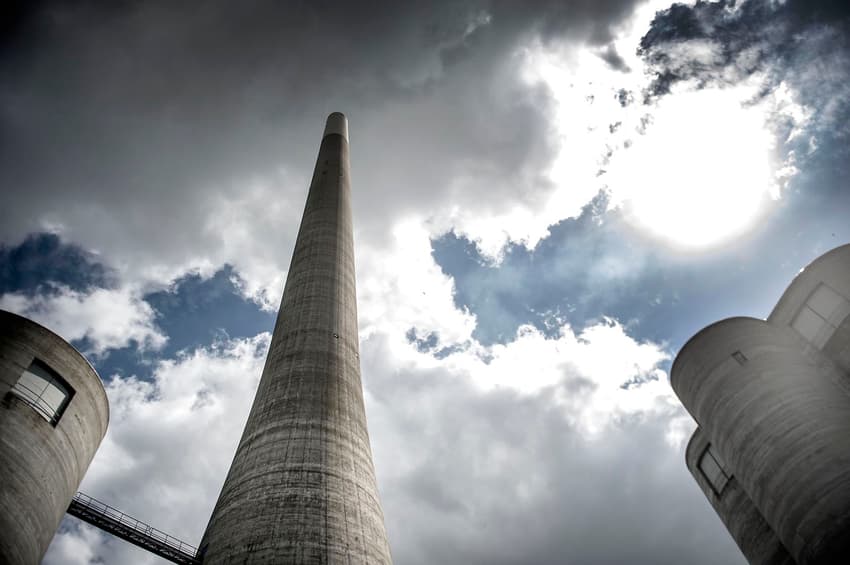Denmark to present plan that could end use of Russian gas

A new economic reform plan, expected to be presented next week, could set out a roadmap for Denmark to phase out its use of Russian gas.
The reform proposals are to be presented at a press briefing on Tuesday following the Easter break, the Prime Minister’s Office confirmed in a statement on Wednesday.
“The proposal will address issues including how Denmark can accelerate conversion to green energy and become more quickly independent of Russian gas,” the statement read.
Prime Minister Mette Frederiksen has already given some detail of the proposal in an interview with newspaper Berlingske.
One element is a plan to convert 400,000 individually gas heated homes to an alternative energy source.
“We must move them to district heating or individual heating pumps where this is viable. We must ensure Danes move away from natural gas,” she said.
The proposal will contain an additional four parts as well as the plan related to gas heating.
More will be spent on developing sustainable energy under the plan, while a tax reform will include a unified tax on CO2 emissions. An effort will be made to export technology that promotes efficient energy use, while the government will also look into the use of increasing natural gas production in Denmark.
The process of converting individually gas heated homes to other sources could take years, according to industry organisations including Dansk Fjernvarme, which represents the interests of the district heating sector.
Around 250,000 of the 400,000 currently-individually heated homes could be offered district heating, according to the organisation.
That would take a considerable amount of time, however, the organisation’s director said after Frederiksen’s comments were published.
“I would like to be able to say that it would take a maximum of five years. But it’s probably more realistic to say between five and seven years before this is complete,” Kim Mortensen, director of Dansk Fjernvarme, said.
Comments
See Also
The reform proposals are to be presented at a press briefing on Tuesday following the Easter break, the Prime Minister’s Office confirmed in a statement on Wednesday.
“The proposal will address issues including how Denmark can accelerate conversion to green energy and become more quickly independent of Russian gas,” the statement read.
Prime Minister Mette Frederiksen has already given some detail of the proposal in an interview with newspaper Berlingske.
One element is a plan to convert 400,000 individually gas heated homes to an alternative energy source.
“We must move them to district heating or individual heating pumps where this is viable. We must ensure Danes move away from natural gas,” she said.
The proposal will contain an additional four parts as well as the plan related to gas heating.
More will be spent on developing sustainable energy under the plan, while a tax reform will include a unified tax on CO2 emissions. An effort will be made to export technology that promotes efficient energy use, while the government will also look into the use of increasing natural gas production in Denmark.
The process of converting individually gas heated homes to other sources could take years, according to industry organisations including Dansk Fjernvarme, which represents the interests of the district heating sector.
Around 250,000 of the 400,000 currently-individually heated homes could be offered district heating, according to the organisation.
That would take a considerable amount of time, however, the organisation’s director said after Frederiksen’s comments were published.
“I would like to be able to say that it would take a maximum of five years. But it’s probably more realistic to say between five and seven years before this is complete,” Kim Mortensen, director of Dansk Fjernvarme, said.
Join the conversation in our comments section below. Share your own views and experience and if you have a question or suggestion for our journalists then email us at [email protected].
Please keep comments civil, constructive and on topic – and make sure to read our terms of use before getting involved.
Please log in here to leave a comment.